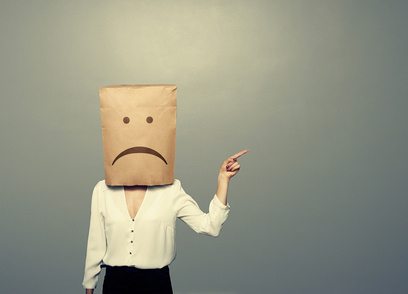There is a great article in the New York Times about the connection between negative early childhood experiences and chronic shame. Hilary Jacob Hendel writes about a patient who experienced an invalidating and cold environment in a child and points out that:
“One innate response to this type of environment is for the child to develop chronic shame. He interprets his distress, which is caused by his emotional aloneness, as a personal flaw. He blames himself for what he is feeling and concludes that there must be something wrong with him. This all happens unconsciously. For the child, shaming himself is less terrifying than accepting that his caregivers can’t be counted on for comfort or connection.”
The same is true for childhood trauma. In trauma therapy, I explain to my clients this devil’s bargain of exchanging shame for a sense of psychological security. This shame is internalized and usually persists into adulthood. For the trauma therapist, one major goal is to uncover this shame and work through it.
Shame can manifest on the surface as anxiety, depression, avoidance, you name it. Often its roots lie in trauma, and when we tackle it head-on, we can be free of it to live a more authentic life.

